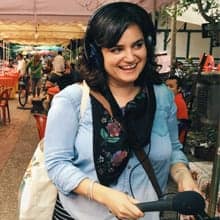Walk into Smart Start of Forsyth County, just north of downtown Winston-Salem, and you will feel empowered with the sense that resources are at your fingertips. A yard sign outside reads “Need Help Paying for Childcare?,” there are handouts with teacher training course dates, children’s books, and a reading resource room for adults. Jenny Whitley, director for teaching and learning services, explains, “We want people to feel comfortable when they come here, and hope they find out about all the things that might be available to them.” Some offerings may even surprise veteran educators: one room is stocked with learning kits to check out, another is lined with dye cuts (tools to decorate classrooms). Mural-sized children’s paintings bring color to office walls and serve as a reminder of Smart Start’s core mission: to help the children of Forsyth County succeed by building a foundation for school readiness, and thereby helping families thrive and the community prosper.
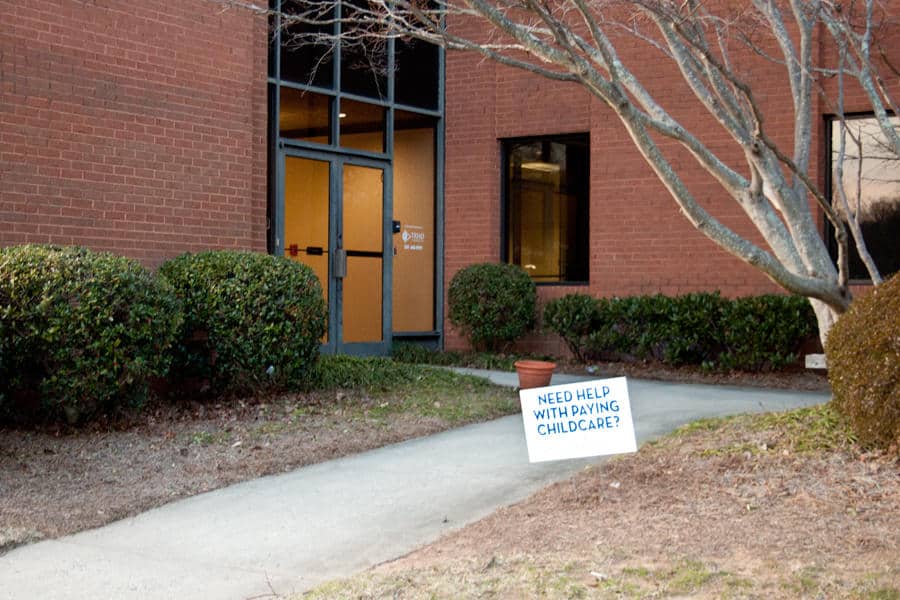



The Smart Start Model
“Our organization is the only private organization in Forsyth County charged by state statute to care about the quality and progress of the early childhood care development and the learning system,” says Executive Director Larry Vellani. Vellani, who has served in this role since 2012, is comfortable with the complex portfolio of funding and initiatives inherent at Smart Start. Mandated in 1993 by the state legislature, the Smart Start Network now serves every county in North Carolina via 75 affiliates. The law enabled North Carolina to establish a comprehensive public-private approach to early childhood education, and at the time, was innovative. “This state should be rightfully proud about the role it played on the national scene [in 1993] and continues to carry forward,” says Vellani.
“The General Assembly finds, upon consultation with the Governor, that every child can benefit from, and should have access to, high-quality early childhood education and development services. The economic future and well-being of the State depend upon it.”
—Smart Start Initiative in 1993 (Section 254 of Chapter 321 of the 1993 Sessions Laws)Since 1994, Smart Start of Forsyth County has used public grants and private investments, in addition to internal fundraising, to serve the entire ecosystem of local early childhood education. Vellani likes to break down the organization’s work into three main categories: raising and investing money (“like United Way”), improving the quality of services and connecting programs to those who will benefit (“like a chamber of commerce”), and championing education in the community at large (“like a board of education”).
“We advocate for good change,” Vellani offers as a simplification. “We work as a funder, a provider, and a convener.”
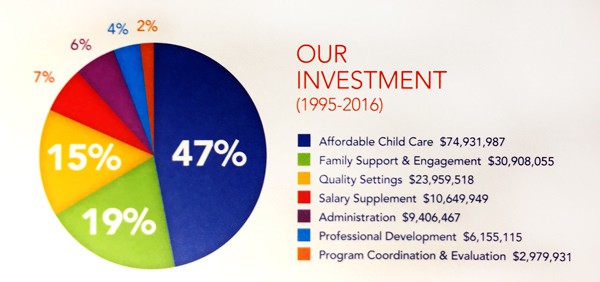

In that sense, Smart Start of Forsyth County is both a front door for parents, childcare providers, teachers, and administrators to better serve the area’s children and a hub for continuing support. Its programs and staff are deeply embedded in the local community, and its many area partners include organizations already featured in EdNC’s “Focus on Forsyth” series: Imprints Cares, Family Services, the Universal Pre-K initiative, and the Work Family Resource Center, Inc.
“We want the early care, development, and education market to be rich and thriving, with quality goods and services that parents and families can access,” says Vellani. Smart Start of Forsyth County’s programs include family child care and educator scholarships, administering the county’s NC Pre-K program, distributing books and tips (“resource totes”) to area families, improving the quality of child care centers and homes, professional development for educators and administrators, and more.
Larry Vellani explains why Smart Start programs serve across generations.


“Brains are Built, Not Born”
The stakes are high. Smart Start focuses its work in the first five years of life. As stated in their publicity materials, there are 2,000 days between a child’s birth day and the first day of kindergarten—and 90% of brain development happens before he or she starts school. “Early education is about nurturing the entire child within a safe, healthy, and stimulating human and natural environment,” explains Vellani. “When a child is fortunate to be positioned in that way, his or her brain takes off . . .The brain is not something we can say, ‘Oh, we’ll get to that when they turn five.’” For some children in Forsyth County, socio-economic factors are barriers to healthy early development. 28.7% of those under 18 live in poverty, compared to only 16% of residents over the age of 18 (learn more via EdNC’s Forsyth by the Numbers). “I believe as a society we owe every child the opportunity for an active, healthy, enriched, and stimulating start in life,” says Vellani.
“The more we study poverty, racial equity, and brain development, we see that investments in the lowest-asset households, where some of the social, economic, and racial pressures are the hardest…that’s where we can close the gaps and get kids at a similar starting line, and in turn, they will be so much more successful.”
—Larry Vellani, Executive Director, Smart Start of Forsyth County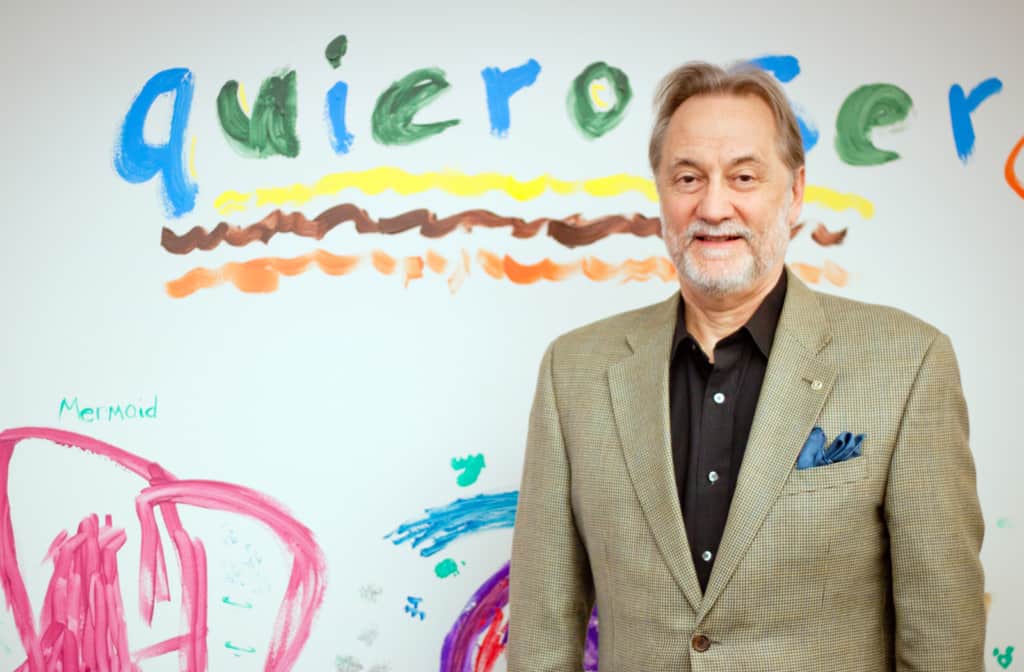

Diving Deeper into Progress
More than twenty years into its work, Smart Start of Forsyth County continues to identify the greatest needs and strategize for how best to lift all children up in a rising tide of personal and economic success. In the early years, a major staff focus was to increase the average Environmental Rating Scales (ERS) for child care centers and homes. This assessment tool, authored by the Frank Porter Graham Child Development Institute, UNC Chapel Hill, primarily measures the physical environment of these centers. Through its teaching and learning services, Smart Start has increased Forsyth County’s average star rating from 2.89 points (1994) to 4.24 points (2016) on this 5-point scale.
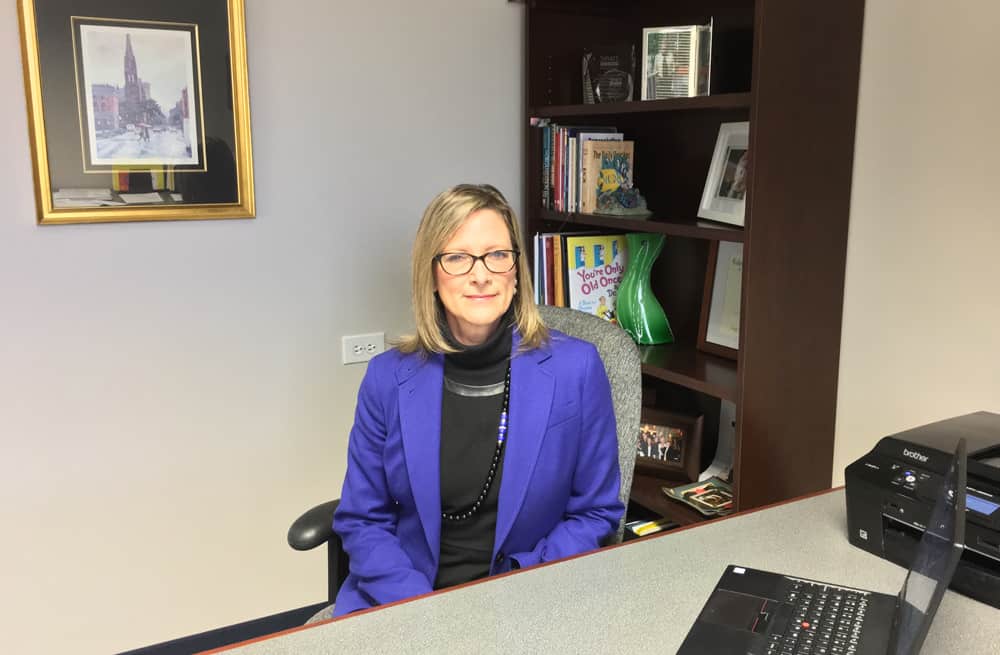



“Think of the physical environment as the canvas, or essential backdrop,” explains Whitley. “If you do not have the canvas right for the kids, you cannot help facilitate as enriched learning opportunities, and interactions won’t bear fruit to the degree we know is possible.” With 61% of facilities in Forsyth County now rated at 4 and 5 stars, in Whitley’s words, “We are taking it to the next level…We want to dive deeper.” Through combining preexisting funding with new investments by Great Expectations, an initiative of the Kate B. Renoylds Charitable Trust, Smart Start of Forsyth County launched Our Teaching Partners in July, 2015.
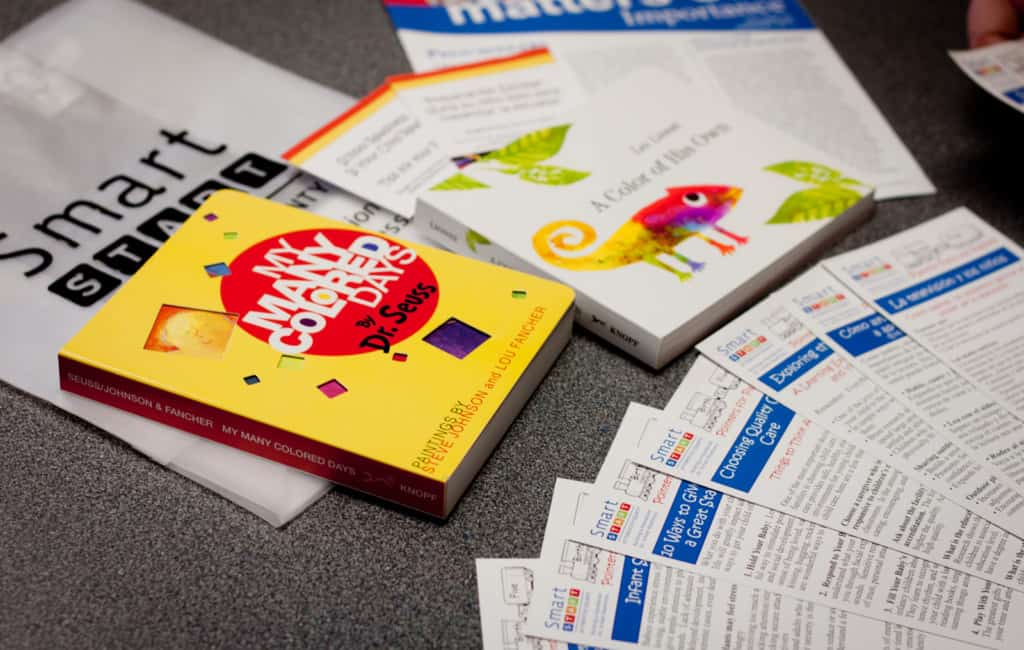

Our Teaching Partners
A program by Smart Start of Forsyth County, Our Teaching Partners uses TeachStone’s “My TeachingPartner Coaching” model to help educators improve their techniques through strength-based self-evaluation. This program pairs intensely trained coaches with teachers for one-on-one video-based coaching. “When you are in the classroom, you’re moving, you’re doing a lot on the fly,” explains Whitley. By looking back at a video with a coach, and learning what you are doing well and how to be even better, teachers are given the opportunity to reflect on and improve their repertoire of classroom skills.
North Carolina has three coaches trained in the My TeachingPartner program, and two are employed by Smart Start of Forsyth County. Our Teaching Partners, because of its reliance on a proven, trademarked coaching curriculum, required a large initial investment. Two of the five priorities of the Great Expectations program are to “improve self-regulation and executive function among children and adults” and “improve parent-child interactions and adult caregiving capacity.” Our Teaching Partners, empowered by the existing strength of the local Smart Start agency, was a perfect fit. The program is also complemented by a leadership institute for administrators and an ongoing professional learning community. “[Great Expectations] took what we had and allowed us to do something greater than what we could have done without it,” explains Jenny.


With Our Teaching Partners in place, the staff at Smart Start of Forsyth County are strategizing how best to fill the next need they have identified: a support system for teachers with students requiring more than existing support services in public schools. “Even though [our teachers] now have more training and licenses,” says Whitley, “because we target the highest need children in our community…sometimes the things the children present don’t qualify for services in the school system.” Whitley is seeking funding to hire an inclusion specialist that will serve teachers by offering additional coaching and connections to resources in the larger community that will help fill the gaps in the school system.
Even with the added support of private investments, as Vellani (and perhaps any non-profit executive director) says, there will never be enough resources to fully realize Smart Start’s key goal: an early childhood education system that equitably serves everyone. “The greatest challenge in this work is the oppressive, suffocating power of poverty, and our inability as a social and economic community to maximize market return on human capital with the same spare-no-expense commitment that we seem to approach maximizing return on financial capital,” says Vellani. Without quality early childhood development, it is much harder to break through large-scale inequities in any community.
Larry Vellani explains how crucial years 0 to 3 are for a lifetime of success.
Until the resource problem is solved, Smart Start of Forsyth County will continue to maximize its impact through creatively mixing and matching funding, and using deep knowledge of the local early childhood system to identify and find ways to best serve evolving needs. “We can always work on relationships,” explains Vellani.
At Smart Start of Forsyth County, relationships among its partners and area providers are as vital as the healthy relationships and interactions between parents and children, and children and their teachers.
